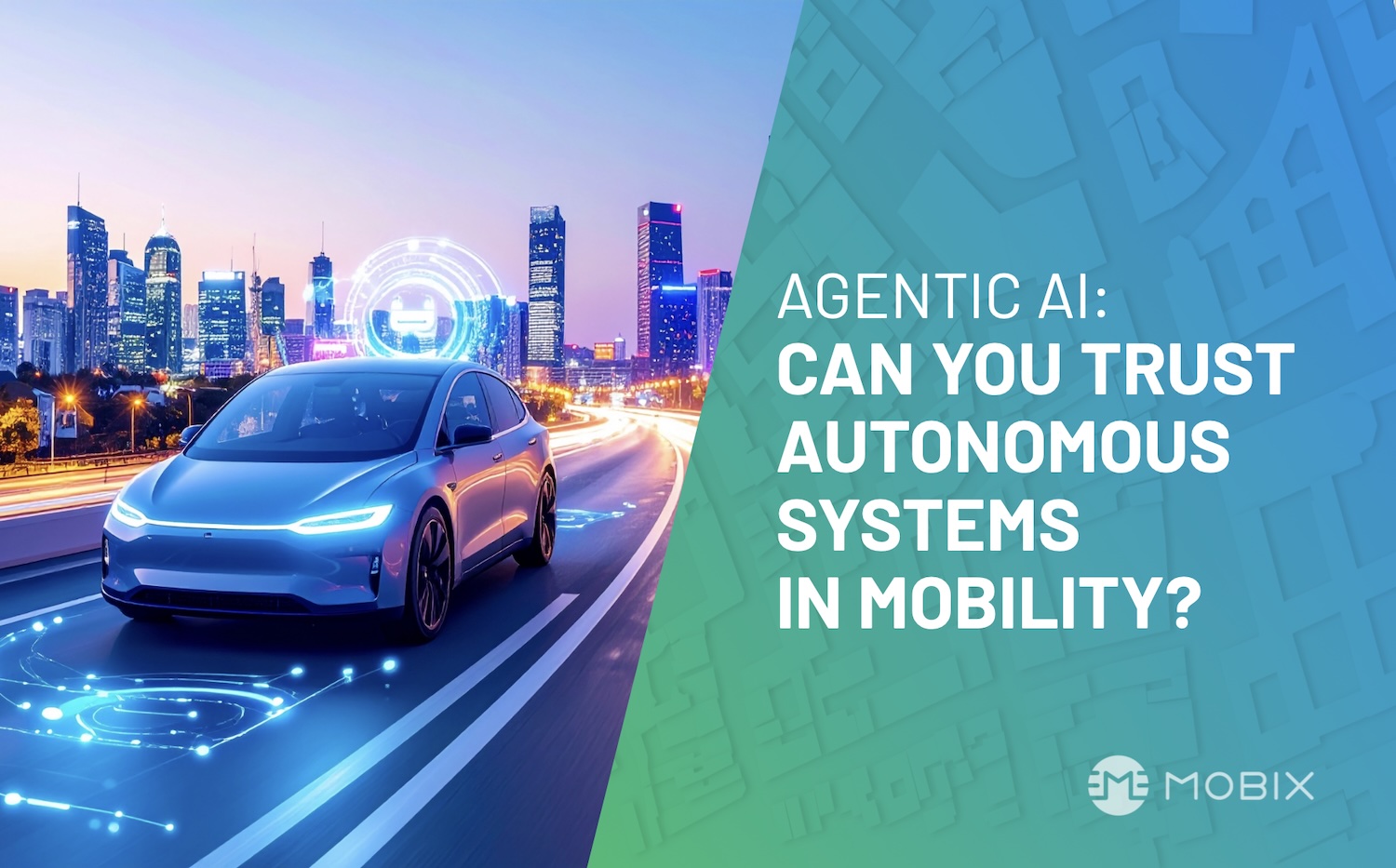Agentic AI is revolutionizing industries, particularly mobility, by enabling systems to act autonomously and handle complex tasks. From booking parking spots to managing electric vehicle charging, these AI agents promise to simplify our lives. However, a critical question looms: Can we trust AI to act reliably? In this post, we explore the potential of agentic AI and the trust deficit that challenges its adoption in mobility solutions.
The Promise and Perils of Agentic AI
Agentic AI is making waves in the tech world, offering systems that don’t just process data but act independently to solve problems. Imagine this: Your AI agent detects a delay on your road trip, communicates with parking or charging providers, rebooks slots, and resolves conflicts—all without you lifting a finger. These agents interact directly with provider systems, leveraging real-time data to optimize outcomes for everyone involved. In mobility, this could mean seamless travel experiences, with agentic AI handling the logistical heavy lifting.
But here’s the catch: Can you trust AI to always get it right? Many AI models suffer from “hallucinations”—generating incorrect data, misinterpreting inputs, or making unpredictable decisions. This creates a significant trust deficit. In mobility, where errors could lead to delays, costs, or safety risks, reliability is non-negotiable. If an AI-powered agent books the wrong charging station or misjudges a schedule, the consequences could be more than inconvenient. Is agentic AI a game-changer for mobility or a risky gamble? This question is critical as we move toward smarter transportation systems.
Agentic AI holds immense potential to transform mobility, but the trust deficit remains a hurdle. In our next post, we’ll introduce how MOBIX, Fetch.ai, and BOSCH are tackling this challenge with a groundbreaking solution: Trusted Agents. Stay tuned for more insights!

